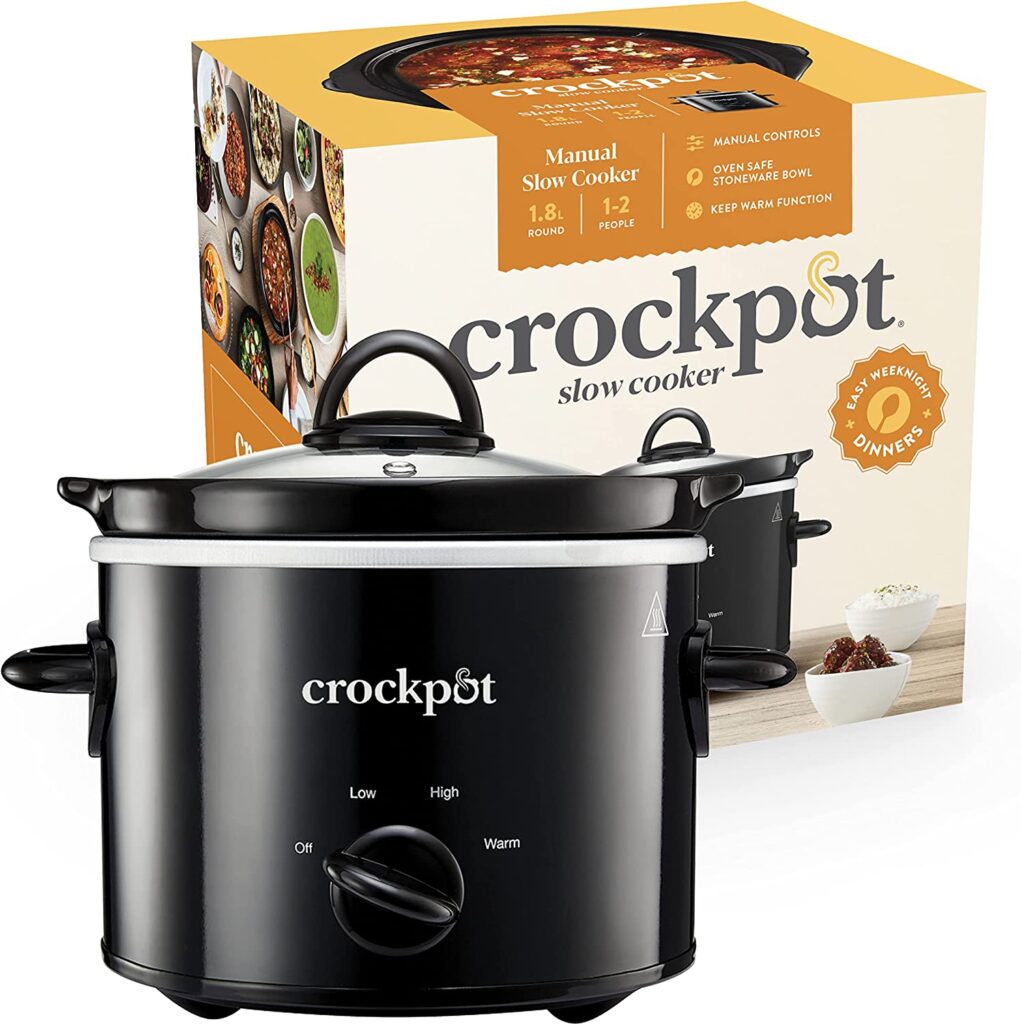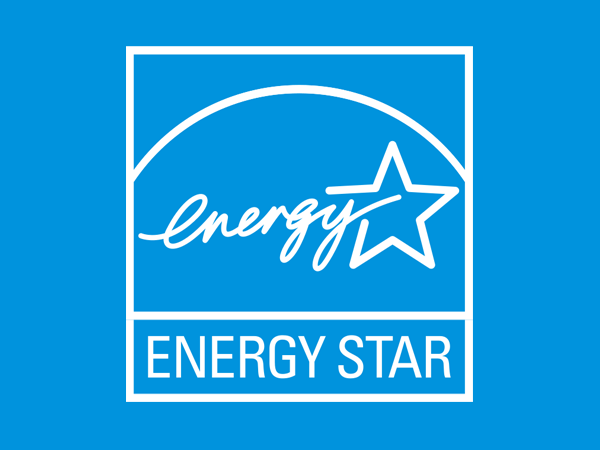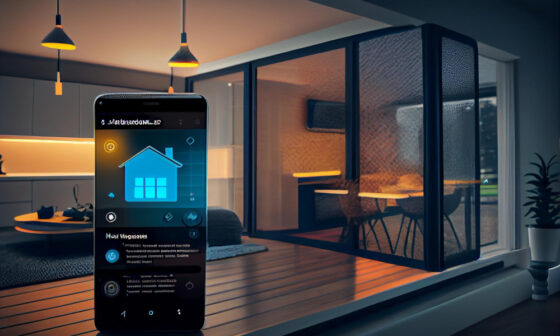
In today’s fast-paced world, where time is a valuable resource, slow cookers have gained immense popularity.
These versatile kitchen appliances offer convenience and the ability to prepare delicious meals with minimal effort.
However, a common question that arises is, “Are slow cookers energy efficient?” In this comprehensive article, we will explore the world of slow cookers and explore their energy efficiency.
Slow Cookers: A Time-Saving Kitchen Appliance
-
Benefits of Using Slow Cookers
Slow cookers, also known as crock-pots, have revolutionized the way we prepare meals. These appliances offer a multitude of benefits, making them a popular choice in kitchens worldwide. With slow cookers, you can:
- Save time by allowing the cooker to do the work while you focus on other tasks.
- Enjoy enhanced flavors as the slow cooking process helps ingredients blend and develop rich tastes.
- Tenderize tougher cuts of meat, resulting in juicy and succulent dishes.
- Reduce the risk of burning or overcooking, thanks to the gentle and consistent heat distribution.
-
The Rise in Popularity
Over the years, slow cookers have gained significant popularity. Busy individuals and families have embraced these appliances due to their time-saving and convenient nature.
Slow cookers enable you to prepare meals in the morning or early afternoon, leaving you with a delicious, ready-to-eat dinner by the evening. This convenience has made slow cookers a staple in many households.
Are Slow Cookers Energy Efficient?
The short answer is YES, Slow cookers offer a convenient and energy-efficient method of cooking delicious meals with minimal effort.
Their low power consumption, when compared to traditional cooking methods, makes them an attractive option for those looking to save energy and reduce utility bills.
Most slow cookers operate at power levels ranging from 200 to 300 watts. This is significantly lower than other cooking appliances like ovens or stovetops, which can consume several thousand watts.
Comparing Slow Cookers to Other Cooking Methods
When evaluating the energy efficiency of slow cookers, it is essential to compare them to other commonly used cooking methods.
Traditional oven cooking and stovetop cooking methods often require preheating, which can consume a considerable amount of energy.
Additionally, these methods may involve larger appliances that consume more electricity or gas.
In contrast, slow cookers are designed to operate at low power levels over an extended duration. This gentle and slow cooking process reduces energy wastage and allows for efficient utilization of electricity.
When preparing meals that require long hours of cooking, slow cookers can be a more energy-efficient option compared to conventional cooking methods.
Factors Affecting the Energy Efficiency of Slow Cookers
-
Size and Capacity
The size and capacity of a slow cooker can impact its energy efficiency. It’s important to choose a slow cooker that matches your cooking needs.
A larger slow cooker may consume more energy than required for smaller recipes. On the other hand, using a smaller slow cooker for larger meals may result in longer cooking times and increased energy consumption. Selecting the right size ensures efficient energy utilization.
-
Cooking Duration and Temperature Settings
The duration of cooking and the temperature settings also affect the energy efficiency of slow cookers.
Longer cooking durations at higher temperatures will consume more energy compared to shorter cooking times at lower temperatures.
It is advisable to follow recipe guidelines to determine the optimal cooking duration and temperature settings for energy-efficient cooking.
-
Lid Design and Heat Retention
The design of the slow cooker’s lid and its ability to retain heat are critical factors in energy efficiency.
A well-fitting lid helps trap heat within the cooking vessel, preventing heat loss and ensuring efficient cooking.
Slow cookers with insulated lids or double-walled construction provide enhanced heat retention, reducing energy consumption during the cooking process.
How to Choose an Energy-Efficient Slow Cooker
When looking to purchase a slow cooker that is energy-efficient, there are a few key factors to consider.
Here’s a guide to help you make an informed decision:
-
Look for Energy Star Certification

Energy Star is a voluntary program that identifies energy-efficient products. When choosing a slow cooker, look for models that carry the Energy Star certification.
These models have been tested and proven to meet specific energy efficiency guidelines, ensuring that they consume less energy than standard models.
-
Check the Wattage
Slow cookers typically operate at low wattages, ranging from 200 to 300 watts. Lower wattage translates to lower energy consumption.
When comparing different models, opt for the one with the lowest wattage that meets your cooking needs.
Choosing a slow cooker with lower wattage will help reduce energy usage and lower your electricity bills.
-
Consider Programmable Features
Some slow cookers come with programmable features such as timers, delayed start options, and automatic shut-off.
These features allow you to set the cooking time and temperature in advance, ensuring that your meal is cooked precisely as desired without any unnecessary energy consumption. Look for models that offer these programmable features to enhance energy efficiency.
-
Opt for the Right Size
Choosing the right size slow cooker is essential for energy efficiency. If you regularly cook small portions, opting for a larger slow cooker may result in unnecessary energy wastage.
On the other hand, using a small slow cooker for larger recipes can lead to longer cooking times and increased energy consumption.
-
Check for Insulation and Heat Retention:
Slow cookers with proper insulation and good heat retention properties are more energy-efficient.
Look for models that feature insulated lids or double-walled construction. These features help trap heat within the cooking vessel, preventing heat loss and reducing the need for additional energy to maintain the desired temperature.
Insulated slow cookers are particularly beneficial for longer cooking durations.


